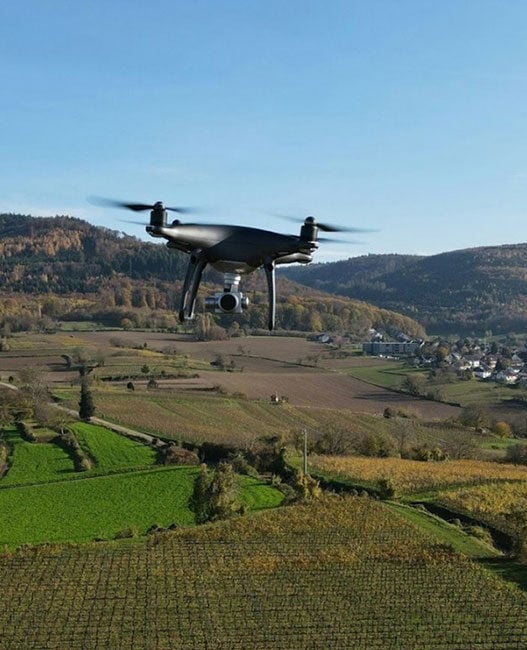The project, led by researchers from Imperial College London in collaboration with Cranfield University and commercial partners Frontier Space and ATMOS Space Cargo, aims to test whether yeasts can produce edible proteins and other resources in microgravity.
Launched aboard Europe’s first commercial returnable spacecraft, Phoenix, via SpaceX on 21st April at 20:48 ET (22nd April at 01:48 BST), the experiment forms part of a wider effort to support future deep-space missions to other planets in, or beyond, the Solar System.
Space travel presents significant logistical and financial challenges. The cost of feeding a single astronaut is estimated at £20,000 per day, with the weight of food, water, and fuel adding to the complexity of long-duration missions. One potential solution involves precision fermentation, using microbes such as yeast to manufacture essential supplies in space.
Dr Rodrigo Ledesma-Amaro from Imperial’s Department of Bioengineering, a specialist in sustainable proteins, is leading the initiative. His work at the Bezos Centre for Sustainable Protein and the Microbial Food Hub at Imperial focuses on creating nutritious, environmentally friendly alternatives to traditional animal-based foods.
He says: “We dream about a future where humanity heads off into the dark expanses of space. But carrying enough to feed ourselves on the journey and at our destination would be unimaginable in cost and weight. We’re excited that this project makes use of academic and industry expertise in physics, engineering, biotech and space science – converging on this challenge. If just a handful of cultivated cells could provide all our food, pharmaceuticals, fuels and bioplastics using freely available resources, that would bring the future closer.”
The fully automated microbe lab, developed with Imperial, transported yeast specimens into orbit, where they will remain for a set period before returning to Earth for detailed analysis. The data collected will provide insights into how microgravity affects biological processes, storage stability, and the physical stresses of space travel.
“This mission represents a major milestone in democratising access to space research,” said Aqeel Shamsul, CEO of Frontier Space. “Our SpaceLab Mark 1, ‘lab-in-a-box’ technology enables researchers to conduct sophisticated experiments in microgravity without the traditional barriers to space-based research. This project represents a significant opportunity to mature Frontier’s technology, providing bio-experimentation solutions for space environments with the future space infrastructure post International Space Station.”
Findings from this study are expected to inform future advancements in space-based manufacturing, pharmaceutical development, and food production. As the space industry explores plans for extended lunar and interplanetary missions, solutions like these could play a pivotal role in reducing dependency on resupply missions from Earth.
















